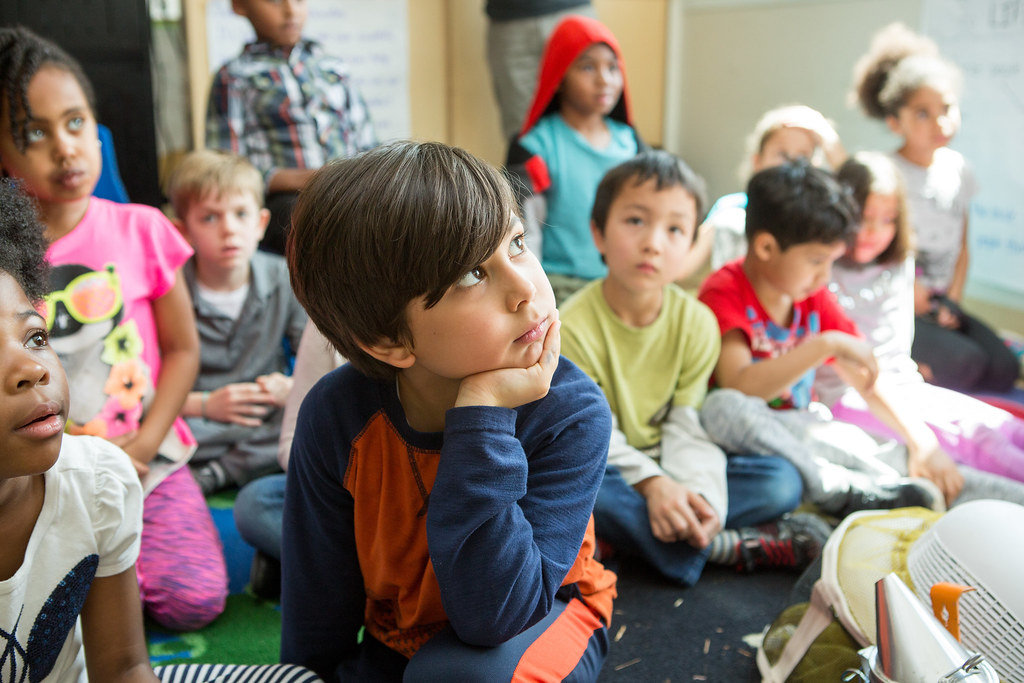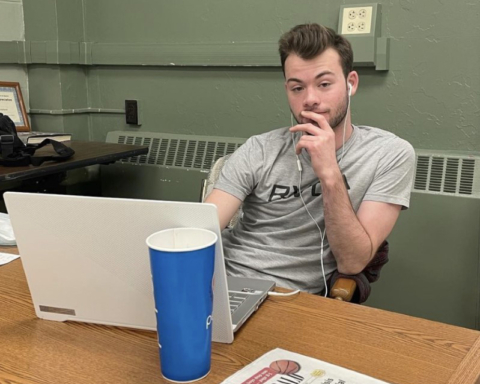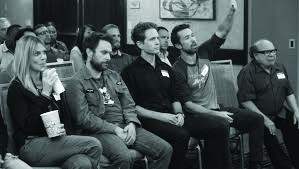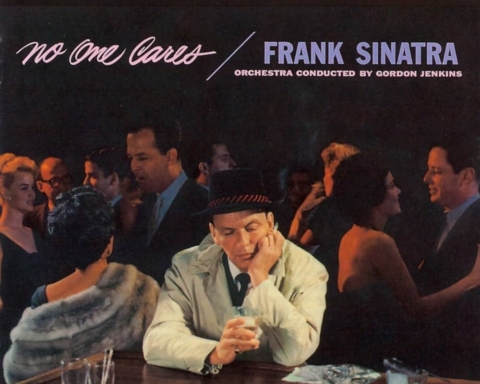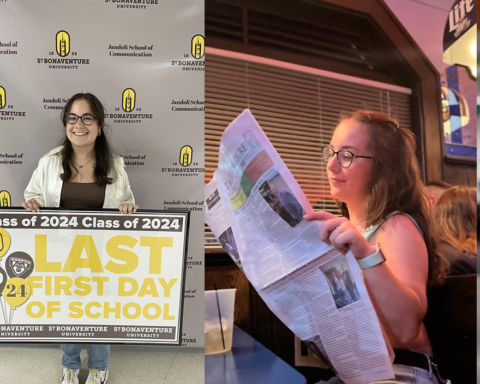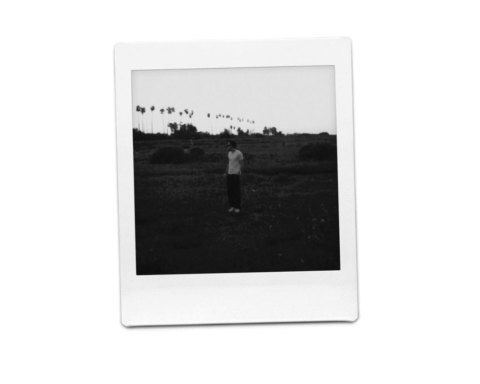BY TUCKER REILLY, EDITOR-IN-CHIEF
A necessary step in the development of human beings involves a removal of innocence, an exposure to discomfort. At some point, we are forced to confront things that challenge our previously-established worldview, and decide how we wish to proceed. In this way, the recent decision by a Tennessee school board to ban the graphic novel Maus is merely an example of parents’ resistance to student maturation.
Maus depicts the Holocaust through the eyes of author Art Spiegelman’s parents, chronicling their story of segregation and eventual internment at Auschwitz. At times, it is graphic, portraying violence and brutality on behalf of the Nazis, whom Spiegelman portrays as cats. Above all, Maus endeavors to present the horrors visited on its characters authentically.
Complaints about Maus from the Tennessee school board list objections to content, such as nudity, violence, and language. Instances of nudity include prisoners arriving at a concentration camp and execution chambers. Instances of language are limited, and appear for dramatic effect. Violence is evident. All three are inherent to any portrayal of the subject in question. I have to ask, is there a better way to convey a repulsive part of history by making the content repulsive?
There is a larger question here, however. Maus contains a perspective generally accepted by parents and teachers – objections to it are merely presentational. How do we approach material that shows conflicting views, or even ones oppositional to our own?
Frank Herbert’s 1965 novel Dune is the story of a young noble heir who is forced from his role and joins a Muslim-coded indigenous tribe. The novel contains references to nudity, violence, drug use, and incest. It also ends with the protagonist initiating a jihad (Herbert’s own word) to reclaim his throne, killing billions in the process. And yet, Dune is one of the most popular science fiction novels in high school curriculums across the US.
Why? Well for one, Dune’s three-dimensional characters and nuanced portrayal of Islam are legitimately impressive. As with Maus, the mere portrayal of objectionable content is not an endorsement of it, and instructors trust that their students can make such a distinction. While most instructors and parents would not agree with the protagonists’ actions at the end of Dune, the presentation of an arguably evil act is not a barrier for entry. It may even be an incentive, as students are forced to reckon with impure heroes and stories without right answers.
The debate over content in schools will likely never end, but I believe it revolves around a simple question: how much do we trust our children? Are we so afraid that they may turn away from us that we restrict them forever?
Every day, human beings are exposed to new things, and face moral questions that often do not have easy answers. By exposing students early – teaching them to critically evaluate situations and make decisions for themselves – we do our duty as educators in preparing them for the real world. And should the decisions they make differ from our own (and this I believe is the essence of parents’ fears), I wish to be proud of the way they arrived at them.

